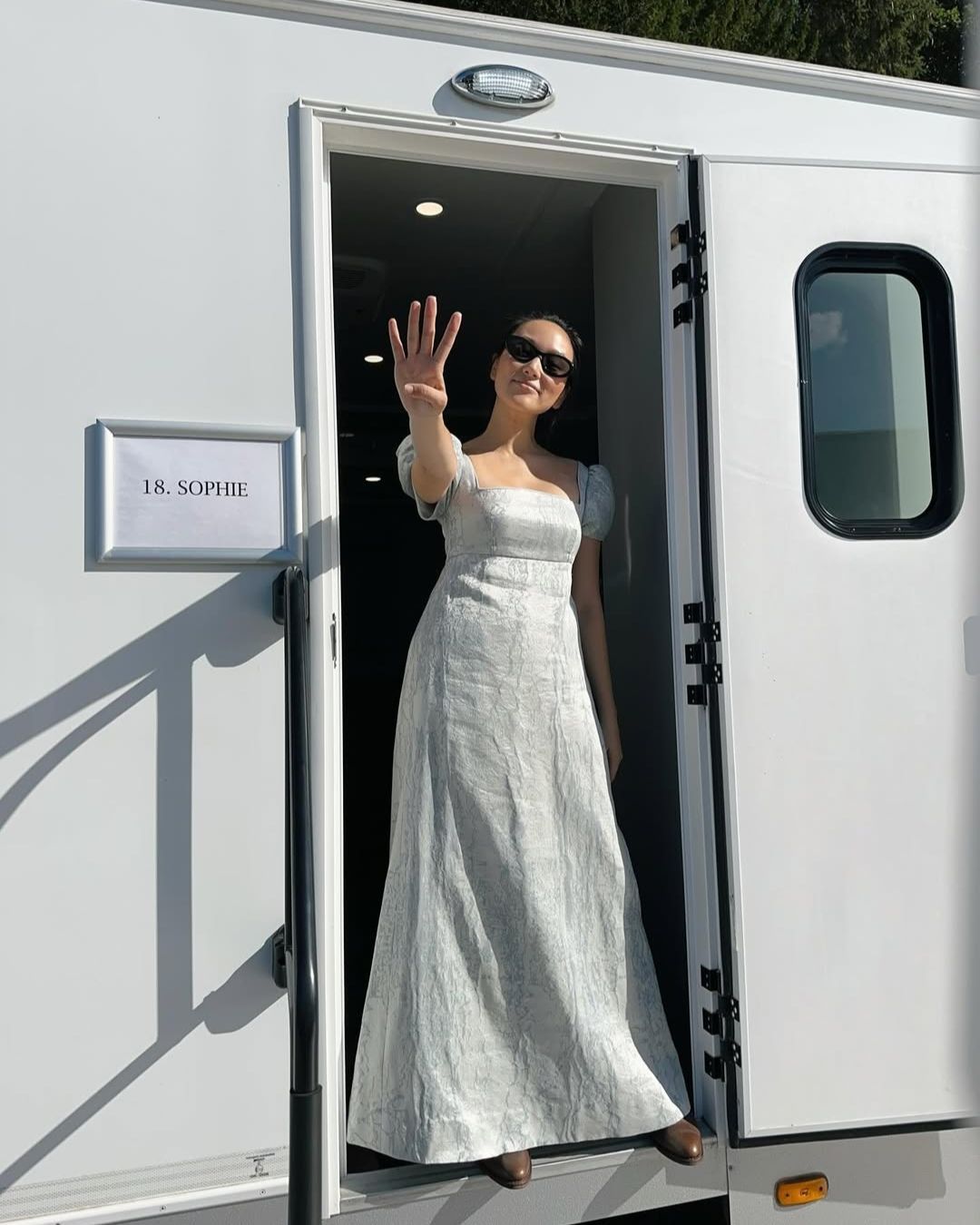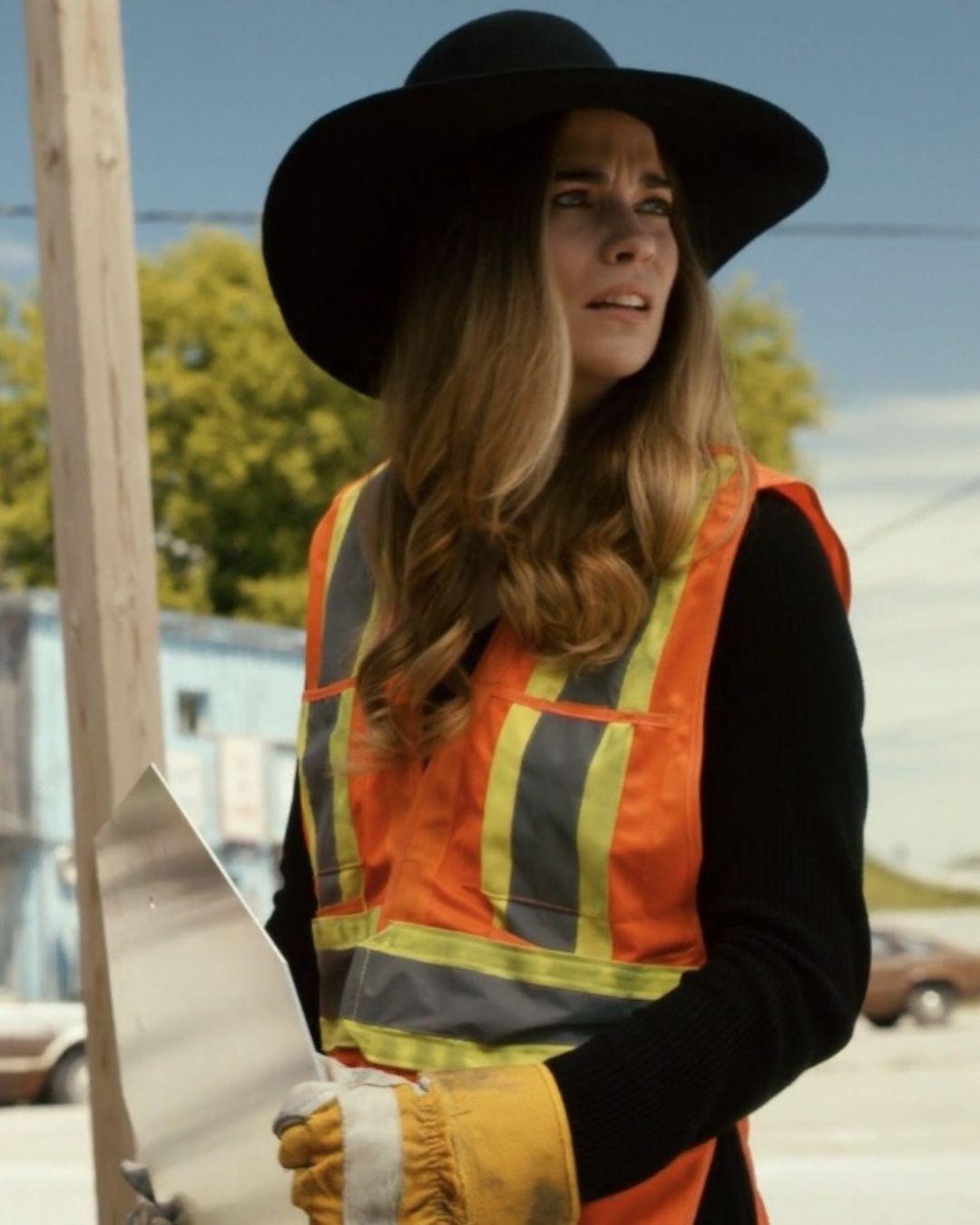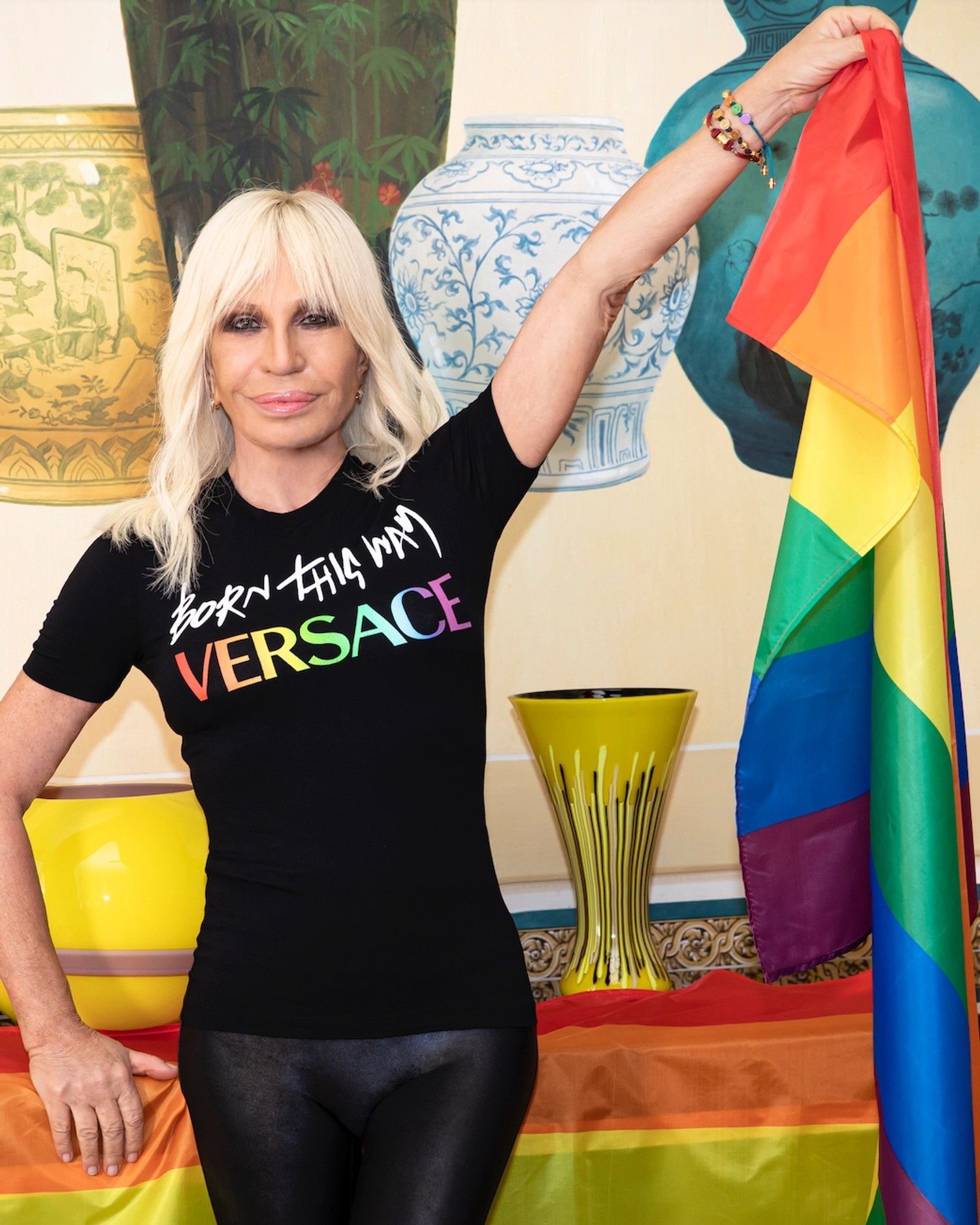
Il Capitone is a work of love As told to us by its protagonists
The Pride Month in Milan is always full, full of debates, discussions, moments of remembrance and rage, and unity. It's not just about the parade, which usually wraps things up with a vibrant march through the city, bursting with songs, colors, and chants. Orgoglio Porta Venezia knows this well. For several years now, it has organized cultural and educational events in Milan’s rainbow district, such as talks and screenings, with a strong desire to gather and with enthusiastic community participation.
Il Capitone, the Milan screening hosted by Sabato De Sarno
Let’s talk about one of these screenings. It took place a few days ago at Anteo Palazzo del Cinema, with director Camilla Salvatore and actors Vanessa Esposito and Ciro Riccio in attendance, hosted by Sabato De Sarno. It was the screening of Il Capitone, Salvatore’s documentary about Vanessa’s story, family and transition and Ciro’s journey as a non-binary person. A documentary that speaks of the courage of love as much as of resistance. We spoke to its protagonists to learn more.
Camilla Salvatore: “Il Capitone was born out of a personal need”
When we ask what this project meant to her and why she chose it, Camilla Salvatore replies: “I decided to bring this story to the screen because I needed it. I was searching for role models in my own life. I wasn’t really focused on representing a social slice or marginalization. I was looking for guiding references that could support me through a phase where I felt like I was lacking something. Courage, the possibility of making a different choice.” A reversal of perspective, then, a story that serves not just those who watch it but also those who choose to tell it, to visualize it. “It was about clarifying who I wanted to be. And as it often happens, you subconsciously search for people, tools, or contexts that help you grow stronger and pull you out of a life that perhaps wasn’t the one you aspired to. I’m not talking about luxury, but about the kind of success and fulfillment that comes from choosing yourself, from loving people as you love yourself, from knowing how to see what truly matters.”
Of course, telling a story requires a listener or, in this case, a viewer. When talking about projects like this, it’s impossible not to consider the social relevance, which feels more urgent than ever: “I think it’s so important to showcase alternative role models, especially ordinary people. This is the story of people I met in everyday life, who live ‘ordinary’ lives, but because of their strength, spirit, incredible personalities, and determination, are extraordinary. They want to use that extraordinariness to share values of respect and moral integrity, starting from their private lives, their homes. That’s crucial to me.” She continues: “I’ve learned that, for me, true moral value and integrity start at home, with the people closest to you. That’s the foundation of society. I want more people to know that this is possible. It’s not fantasy, it’s just having the ability to draw out from these people what I already saw in them, what they gave me even before I thought about making a film. They’ve been that for me, and I hope they can be that for others in my situation.”
Il Capitone through the voices of Vanessa Esposito and Ciro Riccio
Vanessa Esposito, whose story inspired the documentary and who plays herself, reflects on what it meant to put herself on screen: “It was formative and, in some ways, cathartic. Not just making it, but also watching it back. The film captures a very particular moment in my life: the moment I opened my eyes and discovered the love that surrounded me. And discovering love is joyful and exciting, but it can also be incredibly complex to handle. Especially when you're still struggling to trust and to believe that care can be an option for you too.” Exposing oneself in such a vulnerable way is also an act of resistance: “Right now, bringing this story to the screen feels necessary and important, especially with growing attempts to censor and divert attention elsewhere. It’s almost like stories like these are not supposed to be seen. This film tells a real one, so making it and supporting it is our way of saying: we’re here, and we’re not going anywhere but forward.”
Ciro Riccio adds: “This project was fundamental for me because it gave me the chance to show many sides of myself. It’s something I feel incredibly proud of. I often call it a love work. I believe that in many trans experiences, there’s a conflict around love. For every part we gain, there are others we lose. It’s as if the world wants to remind us we can’t truly be who we are and also deserve love. But with this project, and once my self-image became clear in my own mind, I was no longer afraid that someone could erase me by denying me love.”
And the final note is, once again, about representation and space. “What’s crucial about bringing stories like this to the screen is that the space is increasingly being occupied by people who live these experiences firsthand. Too often the narrative has been biased and detached from reality. But when you involve people who know what they’re talking about - who carry both the responsibility and the honor of doing so, who face the consequences - you get closer to the truth.”

























































